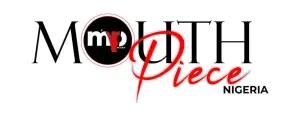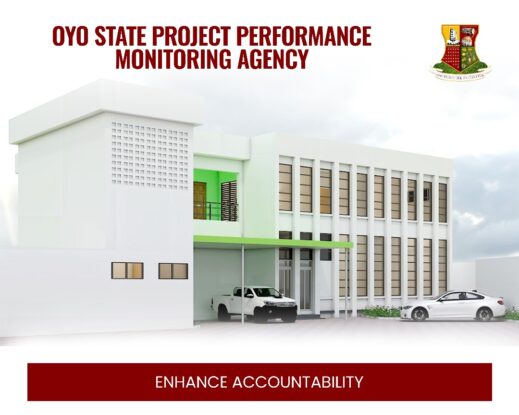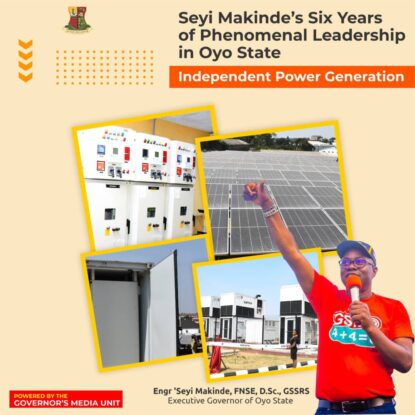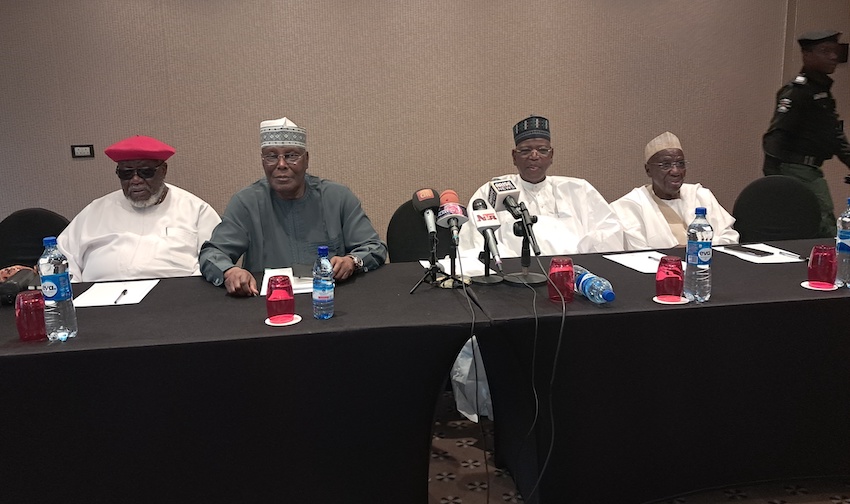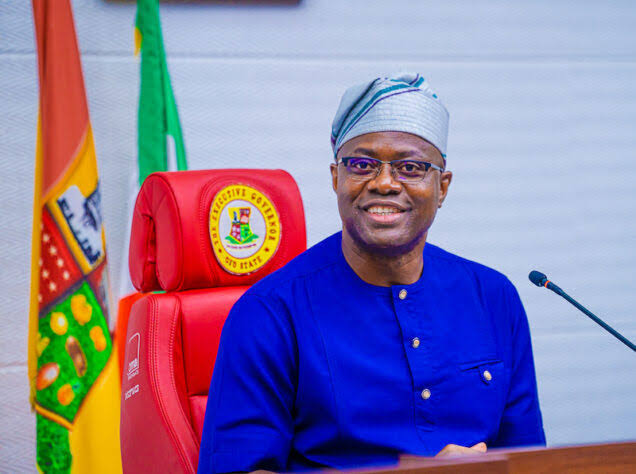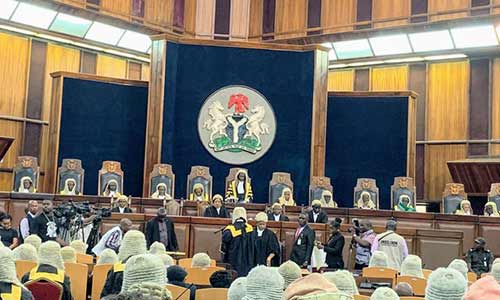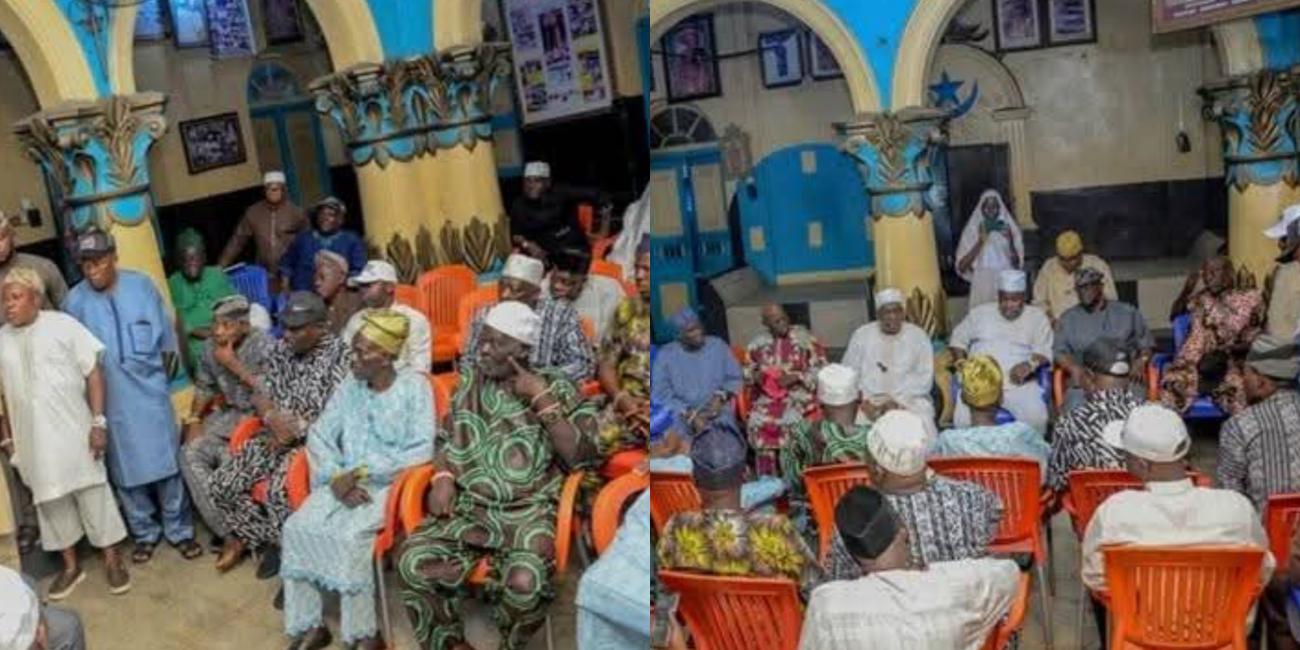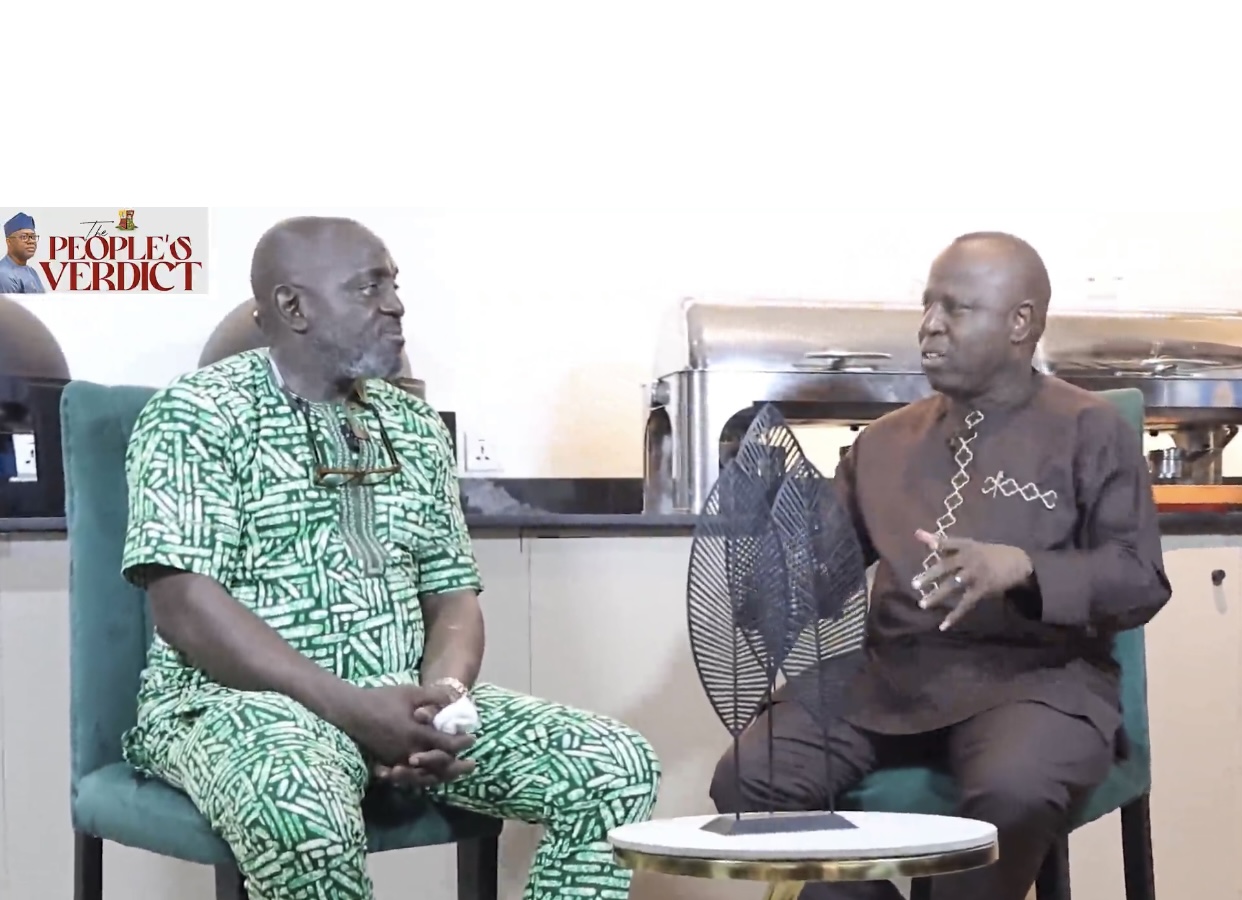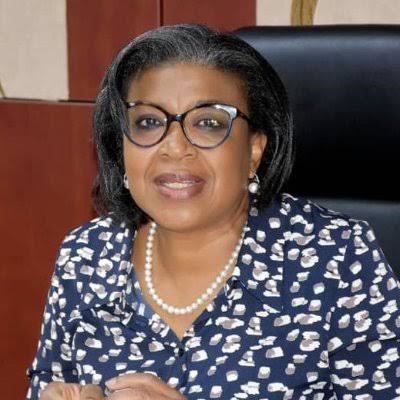FG Opens ₦300bn Sukuk Bond To Fund Infrastructure Projects
The Debt Management Office (DMO) has launched a new N300 billion Sovereign Sukuk bond with a promise to sustain its effort to provide funding for road infrastructure in the country.
The agency, while launching the new Sukuk on Monday, said it was determined to narrow the country’s estimated N18 trillion road infrastructure deficits.
The issuance is part of efforts to diversify the government’s funding sources and accelerate the pace of infrastructural development, it stated.
This is even as the Director-General of DMO, Patience Oniha, said the debt-to-GDP ratio remains within an acceptable limit at 50 per cent. It argued that it is within the International Monetary Fund (IMF), the World Bank and the Economic Community of West African States (ECOWAS) stipulation. She said public debt sustainability is not just about the size of the debt, but also about growing revenues and expanding the GDP.
Between 2017 and December 2023, the government raised over N1.09 trillion from six series of Sukuk to invest in the construction or rehabilitation of roads across the country.
So far, over 4,100 kilometres of roads and nine bridges across the six geopolitical zones and the Federal Capital Territory have been either constructed or rehabilitated.
The new N300 billion Sukuk is a seven-year bond due 2032. It is a non-interest, alternative instrument designed in the form of annual rental income. The annual rental income is 19.75 per cent.
DMO, which oversees Nigeria’s government debt issuances and management, said the offer, which opened on Monday with a minimum subscription of N10,000, will close on May 20, 2025.
It is also being offered at N1,000 per unit, subject to a minimum subscription of N10,000 and in multiples of N1,000 thereafter. The rental payment will be made half-yearly, while the bullet repayment will be made on the maturity date.
Oniha referred to recent macroeconomic improvements, including the upgrade of Nigeria’s credit outlook by the global ratings agency, Fitch, adding that the developments are indicative of the progress made in both fiscal and monetary management.
According to her, sustainable development is a journey and not something that happens in one day.
“Current policies are steering the country in the right direction. There’s more transparency now. FX supply has improved, and the rates have become more stable. Some of the measures were difficult at first, but the benefits are beginning to show,” she said.
Oniha said the government recognised the need to issue more Sukuk bonds, given the increasing success and strong investors’ appetite for the alternative non-interest bonds.
According to her, the Sukuk initiative by DMO has been increasingly successful, given the strong level of awareness that has been created. She attributed the success of the Sukuk issuances to the increased confidence from market participants, given that the Sukuk bonds are tied to specific projects that can be tracked.
“Looking ahead, we recognise the need to upscale issuances to include other standalone projects beyond road infrastructure, but more importantly, we are looking to support projects that are revenue-generating to service the Sukuk,” Oniha said.
On the N300 billion Series VII Sukuk, Oniha said it was part of approved borrowings by the government to cover budgetary shortfalls and was officially encapsulated in the debt records.
She reassured investors about the structure and sustainability of Nigeria’s debt, noting that the country’s external borrowing was sourced from a diversified pool including multilateral institutions like the World Bank and African Development Bank, bilateral partners such as China, India, and Germany, and commercial markets such as the Eurobond space.
“Over 60 per cent of our external debt is from multilaterals and bilaterals, which offer more favourable terms than commercial debt,” she said, adding that this diversification reduces the country’s exposure to market shocks and provides stability.
